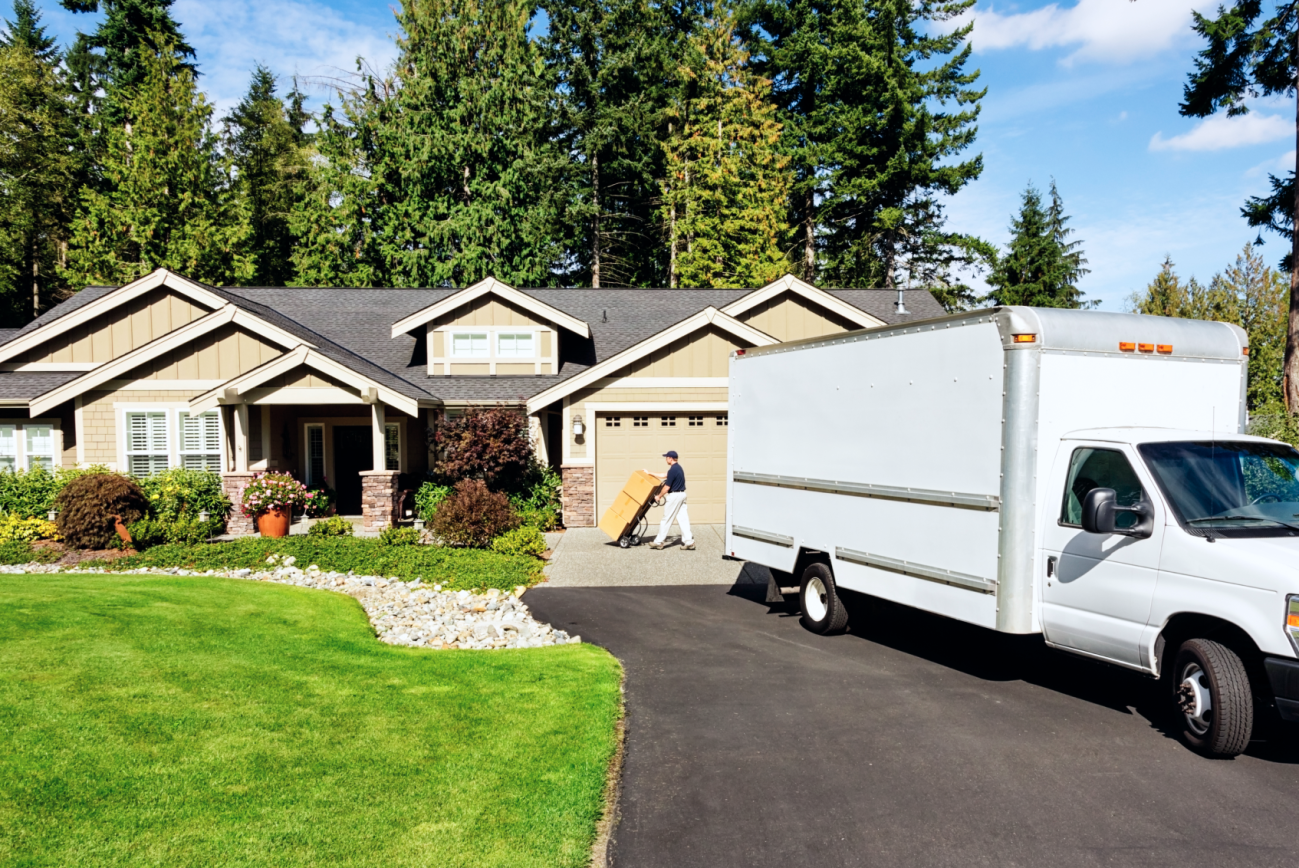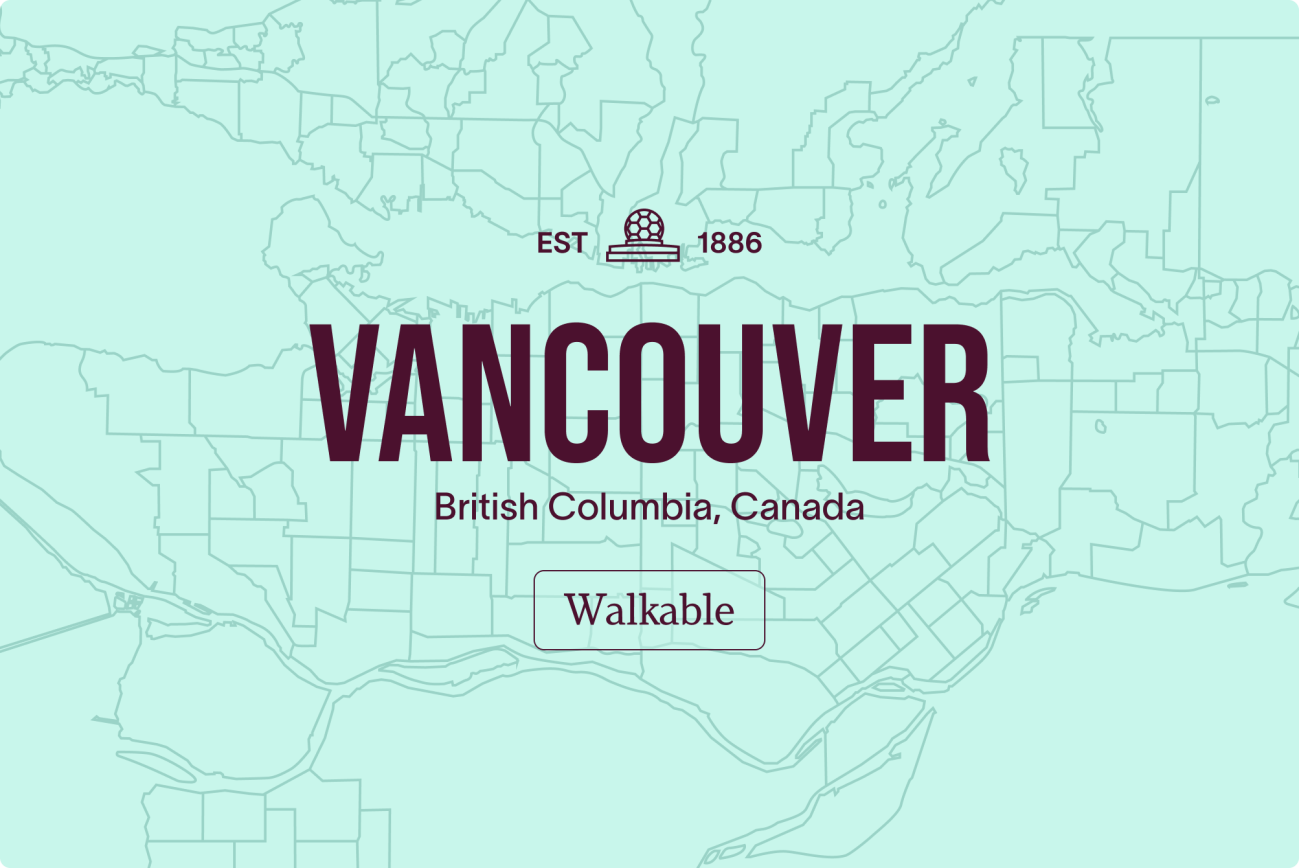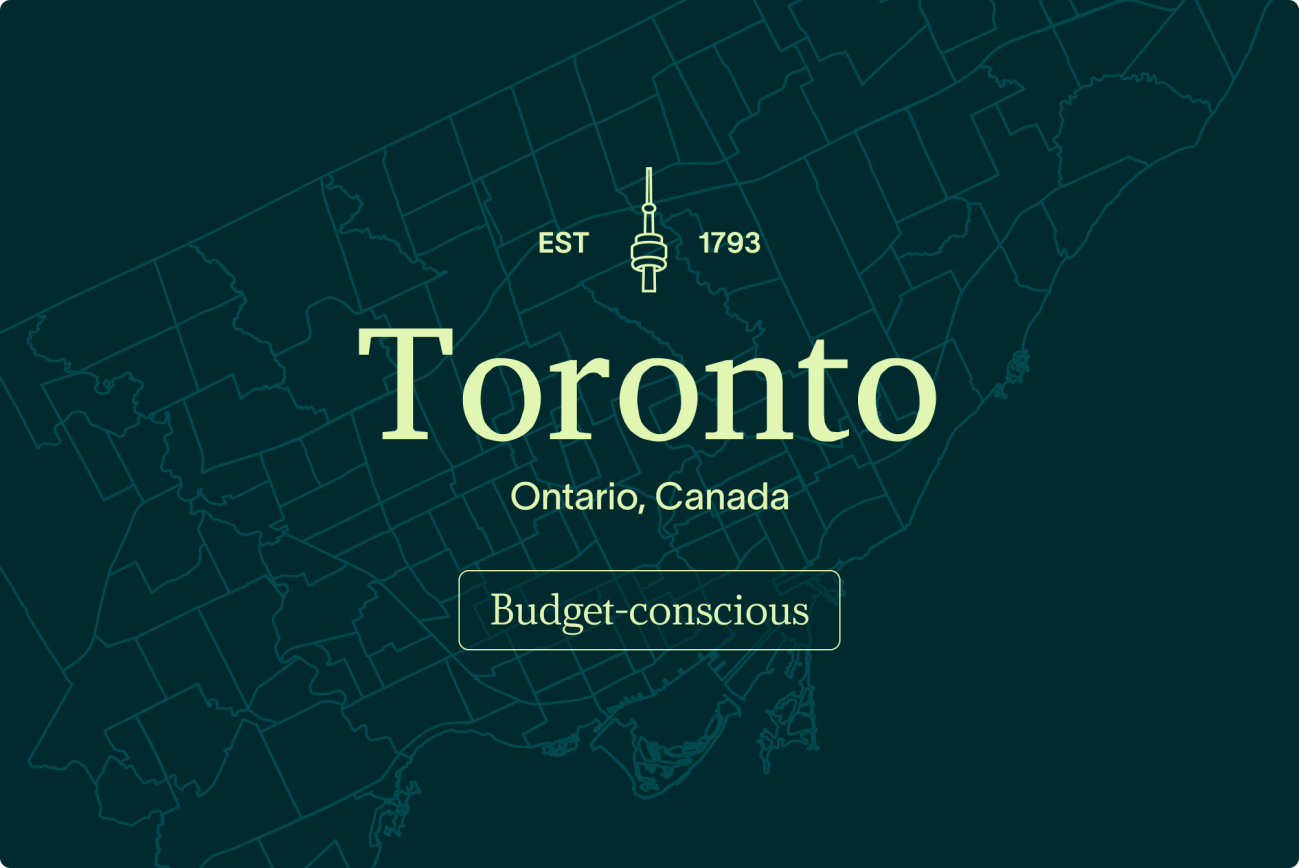There are multiple reasons why you may want, or need, to relocate and you may be wondering how to have a successful move to somewhere new. If you’re considering relocating for a job, then you’re likely weighing the pros and cons of a move, including a combination of financial and family-related factors. Thankfully, there are lots of helpful moving tips to guide you on the best ways to streamline and plan your moving budget, timeline and, of course, packing. While it’s natural to feel apprehensive about the change, by knowing the factors to consider, you can ensure that relocating for a job a new city is the right choice for you—and that your move goes smoothly.
1. Know your moving expenses
As with any move, relocating for a job in a new city comes at a cost and moving a longer distance may impact the affordability of a relocation, as well as the amount of time it may take to move. Some of the most common moving expenses you should account for when moving long-distance are:
-
Professional movers
It is always advisable to obtain at least three different quotes, so you can compare your options.
-
A moving truck
Remember to take into account any time you’re taking off work and the logistics of picking up the truck in one city and dropping it off in another.
-
Storage unit rental
There are multiple storage unit options available, which allow you to either pack them over a course of a few weeks before they are shipped to the new location, or pack on moving day and then meet them at the other end.
-
Packing and moving supplies
If you’re using professional movers make sure they’re not providing supplies like boxes, tape, bubble wrap and labels.
-
Cleaners
You may hire professionals at both ends of your move.
-
Contents or moving insurance
Moving insurance covers your items if anything is lost or broken during the move.
-
Travel costs
Include the cost of gas, plane tickets for all family members and any necessary hotel stays on your travels.
-
Short-term accommodation
A hotel or short-term rental can be a great way to figure out which neighbourhoods you like, whether you’re looking for a longer-term rental or investing in a new home.
Once you have assessed all of the above moving costs, you will be able to calculate a total budget for your move and then you’ll need to ensure that your relocation is going to be affordable. In some cases, your employer may offer to help pay for some or all of your moving costs, so it is always worth discussing that with them.
If you are currently a homeowner, you may also be looking for ways to sell your home quickly so that you have the extra capital to put toward your move or your life in the new city. The good news is that some of the tips that can aid in a quick sale, such as decluttering and tidying your home, will also help you have an easier move.
2. Learn the ins and outs of the local real estate market
It can be very helpful to research the local real estate market in the city you’re moving to so you can get a better idea of how far your money will go, whether you intend to rent or buy. The cost of property will vary greatly depending on which city you’re in and so you want to be sure that it’s still going to be affordable once you move for your job. For example, a condo in Vancouver could be upward of $650,000, whereas a single-family home in Edmonton could be less than $250,000. You can also look at listings to get a feel for the types of properties that may fit within your budget. In Calgary, for example, you might find lots of new-build single-family homes, but in Toronto you’ll have a broader selection of condos.
If you’re serious about buying once you relocate, then finding a professional to help you might be your first step. The role of a real estate agent is to help you find homes, know the market and help you negotiate—and close—on a deal.
3. Research what transportation options are available
Your transportation options will vary widely depending on where you are and could have broader implications on your cost of living and general well-being once you’re there. In bigger cities, like Toronto, you may not even need your own car, meaning that parking will be less important than accessibility to public transit options, for example.
4. Identify safety concerns in the area
You should also look into broader aspects of life in the city, including safety concerns such as crime, infrastructural issues and exposure to natural disasters. Consider how this will impact the location you choose to live in, as well as the potential costs associated with mitigating any risks. For example, will your home insurance cost be higher in places where unexpected events, such as wildfires might be more likely?
5. Consider the cost of living in the new area
The amount you earn in the job will be relative to the cost of living in the new city, so don’t be lured to move by a bigger salary alone. If your overall disposable income will be lower to accommodate a higher cost of living, then it’s unlikely to be worth making the move. Look into how much you could be spending each month on essentials, such as your mortgage or rent, utilities, groceries and gas, to calculate the percentage of your income that will be going toward your cost of living.
6. Find out future opportunities offered by the new job
While you may be excited by the prospect of relocating for a job, you should also think about where you’re going beyond the immediate future. Talk to your employer about the potential for growth in the new role and make sure that aligns with your broader plans and goals for the future. Consider any transferable skills or experience the job could provide as you think about next steps in your career.
7. Consider the availability of job opportunities for other members of your household
If you are not the only person in your household who works then you should consider how relocating for a job would impact their career, too. If there are no opportunities for your partner in the new city, then you should decide as a family if that’s a sacrifice you are willing, and can afford, to make.
8. Think about how the move may mentally affect you and your family
Job opportunities aside, you should also think seriously about how a move could mentally affect you and your family members. Change can oftentimes be challenging, but if you have a good grasp of why you’re doing something it can help. Open and honest conversation about how everyone feels about a potential move is crucial.
9. Look into the availability of community resources
Once you start narrowing in on specific neighbourhoods in the new city, factor in any relevant community resources, like medical institutions, schools or parks and how they may influence your decision. Even if you don’t have kids of your own, knowing how local schools rank can have a huge impact on home values in the area.
10. Plan your backup options
Even the best-laid plans require a backup option. Think about what parameters you might set around relocating for a job before changing course again. What timelines might you set for particular goals in the new city, like finding a home or your spouse finding a job? If things don’t work out as you expected, what are your next steps? Having options for different scenarios will help you feel in control in a situation where there will be multiple unknowns.
Houseful is here for your next steps
From getting your keys to getting back on the market—and all the days in between—Houseful is here to help you keep an eye on the big picture. Let’s see what’s possible and take the next step toward fulfilling your home ownership goals. Visit houseful.ca.




